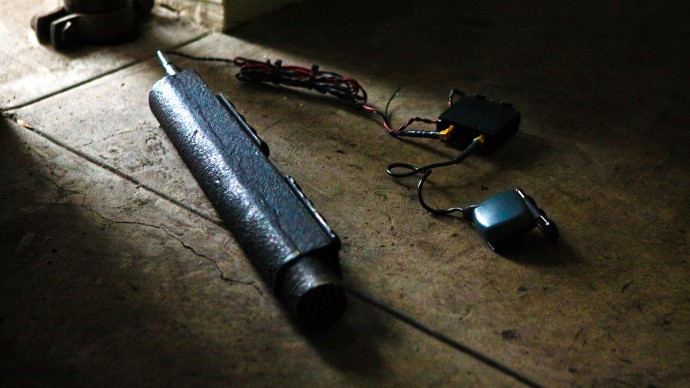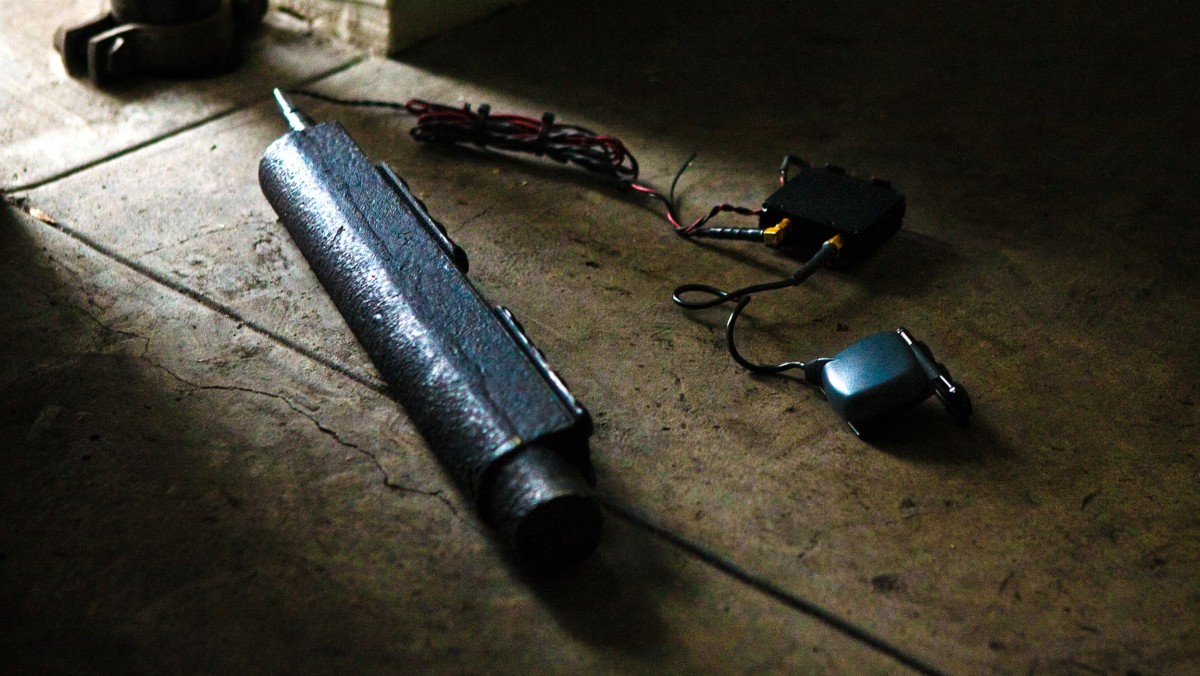
(NEW YORK) MintPress — Another day, another controversy over a national security issue. This time, the Obama administration has approved guidelines that allow counterterrorism officials to increase the amount of time they can keep information about an American resident even if the material doesn’t show the person has any connection to terrorism.
That means the National Counterterrorism Center (NCTC), which collects information from a number of law enforcement agencies and has access to some 30 sets of government data, can now retain the information for up to five years rather than just 180 days.
The NCTC, which was created in 2004, collects myriad data, including visa and travel records from the FBI.
The old guidelines were “very limiting,” explained Robert Litt, the general counsel in the Office of the Director of National Intelligence, which oversees the NCTC. “On day one, you may look at something and think that it has nothing to do with terrorism. Then six months later, all of a sudden, it becomes relevant.”
Officials said the new guidelines are aimed at making sure relevant terrorism information is readily available, while also guarding against privacy intrusions.
Criticism from rights activists
Civil liberties groups and privacy advocates aren’t convinced the safeguards are enough.
The purpose of the safeguards is to ensure that the “robust tools that we give the military and intelligence community to protect Americans from foreign threats aren’t directed back against Americans,” said Michael german, the national security policy counsel for the American Civil Liberties Union (ACLU).
“Watering down those rules raises significant concerns that U.S. persons are being targeted or swept up in these collection programs and can be harmed by continuing investigations for as long as these agencies hold the data.”
Civil rights advocates have in fact clashed with the administration over a series of counterterrorism issues over the past 12 months, contending that several laws threaten to restrict the daily freedoms provided for in the Constitution.
Implementation of these laws began shortly after the 9/11 terrorist attacks with the highly controversial Patriot Act, which was signed into law by President George W. Bush on October 26, 2001. President Obama, despite criticizing the act, has continued on the same path.
The year of legislating dangerously
On December 31, 2011 Obama signed the National Defense Authorization Act (NDAA) for Fiscal Year 2012, which authorizes $662 billion in funding “for the defense of the United States and its interests abroad,” including the indefinite detention, without charge or trial, of Americans the government suspects of involvement in terrorism. Obama had originally resolved to veto the NDAA, but went back on that commitment.
“We are incredibly disappointed that President Obama signed this new law even though his administration had already claimed overly broad detention authority in court,” said ACLU Executive Director Anthony Romero shortly afterwards. “Any hope that the Obama administration would roll back the constitutional excesses of George Bush in the war on terror was extinguished today.”
Then there was the Obama administration’s authorization of the killing of U.S.-born cleric Anwar al-Awlaki in a drone strike in Yemen. Awlaki had allegedly played an operational role in plots devised by al Qaeda in the Arabian Peninsula against the U.S., and officials decided to treat him like any other member of the organization.
Civil libertarians and Muslim-American advocates questioned how the government could take an American citizen’s life based on secret intelligence and without a trial. But a federal judge threw out a lawsuit brought by the ACLU and Mr. Awlaki’s father, Nasser al-Awlaki, a former agriculture minister and university chancellor in Yemen.
At the time, Jameel Jaffer, the A.C.L.U.’s deputy legal director, said “As we’ve seen today, this is a program under which American citizens far from any battlefield can be executed by their own government without judicial process, and on the basis of standards and evidence that are kept secret not just from the public, but from the courts.”
Still ongoing is the debate over the charges brought against an unprecedented number of suspects accused of leaking classified information under the Espionage Act.
Before Obama, all previous presidents combined used it only three times. This administration has used it against six current and former government officials. Critics say what had previously been used almost exclusively for foreign spies is being aggressively used for domestic purposes.
In the latest case, in January 2012, John Kiriakou, former CIA officer and later Democratic staffer on the Senate Foreign Relations Committee, was charged with leaking information to journalists about the identity of undercover agents, including one who was allegedly involved in waterboarding interrogations of al Qaeda logistics chief Abu Zubaydah.
“Obama has effectively told the CIA ‘you’re in charge and if you want to go after them we will,’” Scott Horton, a prominent human rights attorney and professor at Columbia Law School, tells MintPress. “There’s also been a lack of independent discretion by the Justice Department; there was much more under Bush than there is under Obama.”
It should be interesting to see what comes next.


